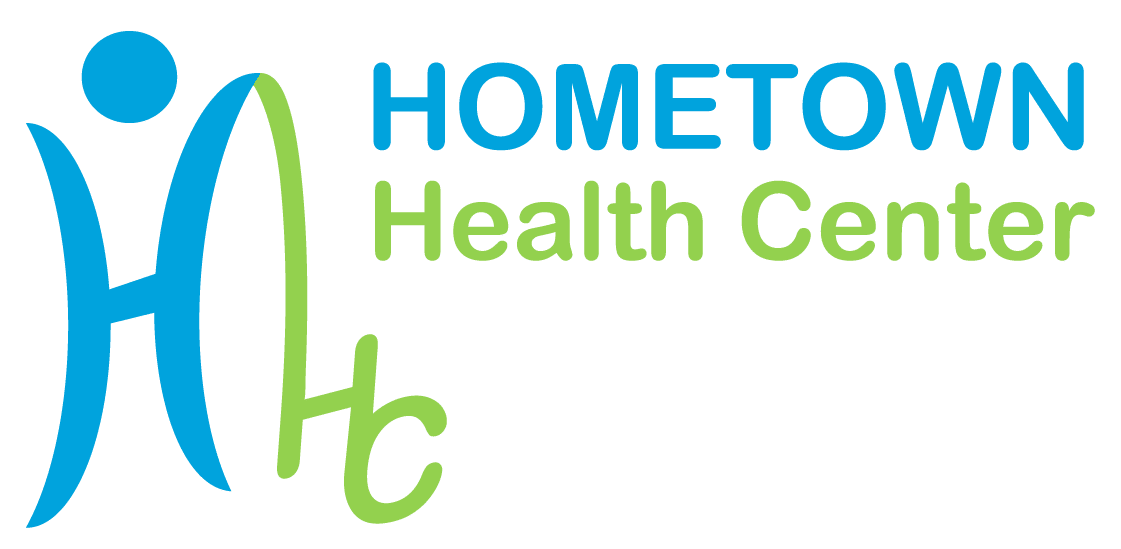There is widespread concern about COVID-19, the coronavirus disease. While there is currently no vaccine to prevent coronavirus, the Centers for Disease Control and Prevention have instructions to help. The best way to prevent illness is to avoid being exposed to this virus. For the most up-to-date information, visit www.cdc.gov and www.maine.gov
According to the CDC:
- The virus is thought to spread mainly from person-to-person.
- Between people who are in close contact with one another (within about 6 feet).
- Through respiratory droplets produced when an infected person coughs or sneezes.
- These droplets can land in the mouths or noses of people who are nearby or possibly be inhaled into the lungs.
Older adults and people who have severe underlying chronic medical conditions like heart or lung disease or diabetes seem to be at higher risk for developing more serious complications from COVID-19 illness. Please consult with your health care provider about additional steps you may be able to take to protect yourself.
Take steps to protect yourself
Clean your hands often
- Wash your hands often with soap and water for at least 20 seconds especially after you have been in a public place, or after blowing your nose, coughing, or sneezing.
- If soap and water are not readily available, use a hand sanitizer that contains at least 60% alcohol. Cover all surfaces of your hands and rub them together until they feel dry.
- Avoid touching your eyes, nose, and mouth with unwashed hands.
Avoid close contact
Avoid close contact with people who are sick. Put a minimum of a 6-foot distance between yourself and other people if COVID-19 is spreading in your community. This is especially important for people who are at higher risk of getting very sick.
Take steps to protect others
Stay home if you are sick, except to get medical care. The common symptoms of coronavirus are fever, cough, and shortness of breath. Symptoms may appear two – 14 days after exposure. If you are experiencing symptoms of coronavirus, please call us on the phone before coming into the office. We will evaluate you via phone in order to protect staff and other patients.
Cover coughs and sneezes
- Cover your mouth and nose with a tissue when you cough or sneeze or use the inside of your elbow.
- Throw used tissues in the trash.
- Immediately wash your hands with soap and water for at least 20 seconds. If soap and water are not readily available, clean your hands with a hand sanitizer that contains at least 60% alcohol.
Please download the informational materials from the Centers for Disease Control and Prevention and to learn more visit www.cdc.gov.
WHAT YOU NEED TO KNOW ABOUT CORONAVIRUS
WHAT TO DO IF YOU GET SICK WITH CORONAVIRUS
Medicare offers additional information for Medicare beneficiaries: Learn more at www.medicare.gov/medicare-coronavirus
Extra caution with crowds and travel
- Avoid crowds, especially in poorly ventilated spaces. Your risk of exposure to respiratory viruses like COVID-19 may increase in crowded, closed-in settings with little air circulation if there are people in the crowd who are sick.
- The CDC recommends that you defer all cruise ship travel worldwide, particularly if you also have underlying health issues.
- Older adults and travelers with underlying health issues should avoid situations that put you at increased risk for more severe disease. In addition to avoiding crowded places, you should avoid non-essential travel such as long plane trips, and especially avoiding embarking on cruise ships.
Preparing for healthcare needs
- Be sure you have over-the-counter medicines and medical supplies (like tissues) to treat fever and other symptoms. Most people will be able to recover from COVID-19 at home.
- Have enough household items and groceries on hand so that you’ll be prepared to stay at home for a period of time. The CDC recommends getting a 90-day supply of your medications when able.
- If you have pets, be sure to have enough supplies on hand for them as well.
Medicare covers related needs
Medicare covers the lab tests for COVID-19. You pay no out-of-pocket costs. Medicare covers all medically necessary hospitalizations. This includes if you’re diagnosed with COVID-19 and might otherwise have been discharged from the hospital after an inpatient stay, but instead you need to stay in the hospital under quarantine.
At this time, there’s no vaccine for COVID-19. However, if one becomes available, it will be covered by all Medicare Prescription Drug Plans (Part D). If you have a Medicare Advantage Plan, you have access to these same benefits. Medicare allows these plans to waive cost-sharing for COVID-19 lab tests. Check with your plan about your coverage and costs.
